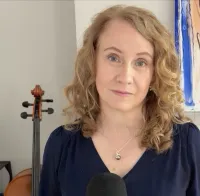
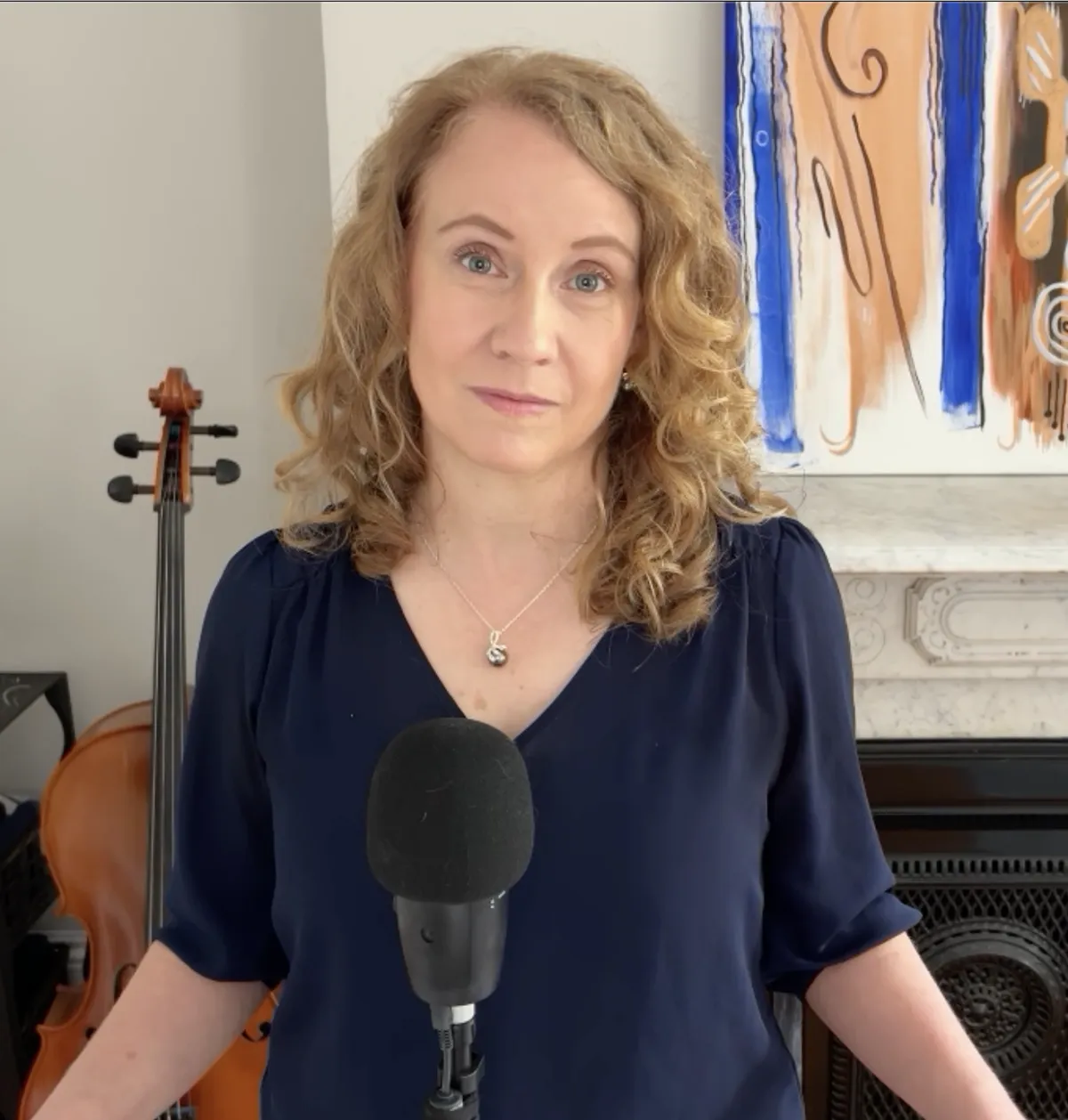
Where YOU get REAL Support and REAL Solutions
Defining Success Together
Autism and marriage aren't easy. We're here because we really get it.
REAL Neurodiverse Marriage
About Anne MacMillan
I built my original Neurodiverse Family Systems Theory on my education, personal life experience, and the professional experience I gained in the private neurodiverse services practice I founded in 2017.
Today, my services extend to support other professionals who have come to the new realization that neurodiversity is at the heart of many of the relationship challenges their adult clients face. Professionals can earn my Neurodiverse Family Systems Educator Credential (NFS-E) then use my practical 10-Step educational system, including quantitative assessments and support resources, to help their clients comprehend their relationship challenges and find the happiness and peace they deserve.
I have a research-based master's in psychology from Harvard University and studied developmental psychology as an undergrad. I received the Director's Thesis Award at Harvard for my original research on Level 1 autism and intimate life partnerships -- some of the first quantitative research on the subject in the world.
Altogether, I have over 50 years of personal life experience with neurodiverse family systems, over 20 years of personal life experience with neurodiverse intimate life partnerships, and 8 years of professional experience working with individuals managing the challenges of neurodiverse family systems.
I self-identify as a high body empathetic neurodivergent who just might also be a bit attention neurodivergent (ADHD). I am not autistic.

Anne MacMillan, MLA
Founder of the 10-Step Neurodiverse Family Systems Approach, Speaker, Researcher, Consultant, Coach, Educator and Expert Witness
Online Course Available Now
Married to Autism? Your Journey to Connection and Ease
An Online Course for Neurotypicals
and Non-Autistic Neurodivergents
Only $34.99 USD
Get the benefits of my education and life experience for less than the cost of one restaurant meal for two!
Neurodiverse relationships can be very confusing. Comprehending YOURSELF and the ways autism affects YOU can make all the difference. Take this first step towards
making life changes that will bring YOU the
Connection and Ease that YOU deserve.
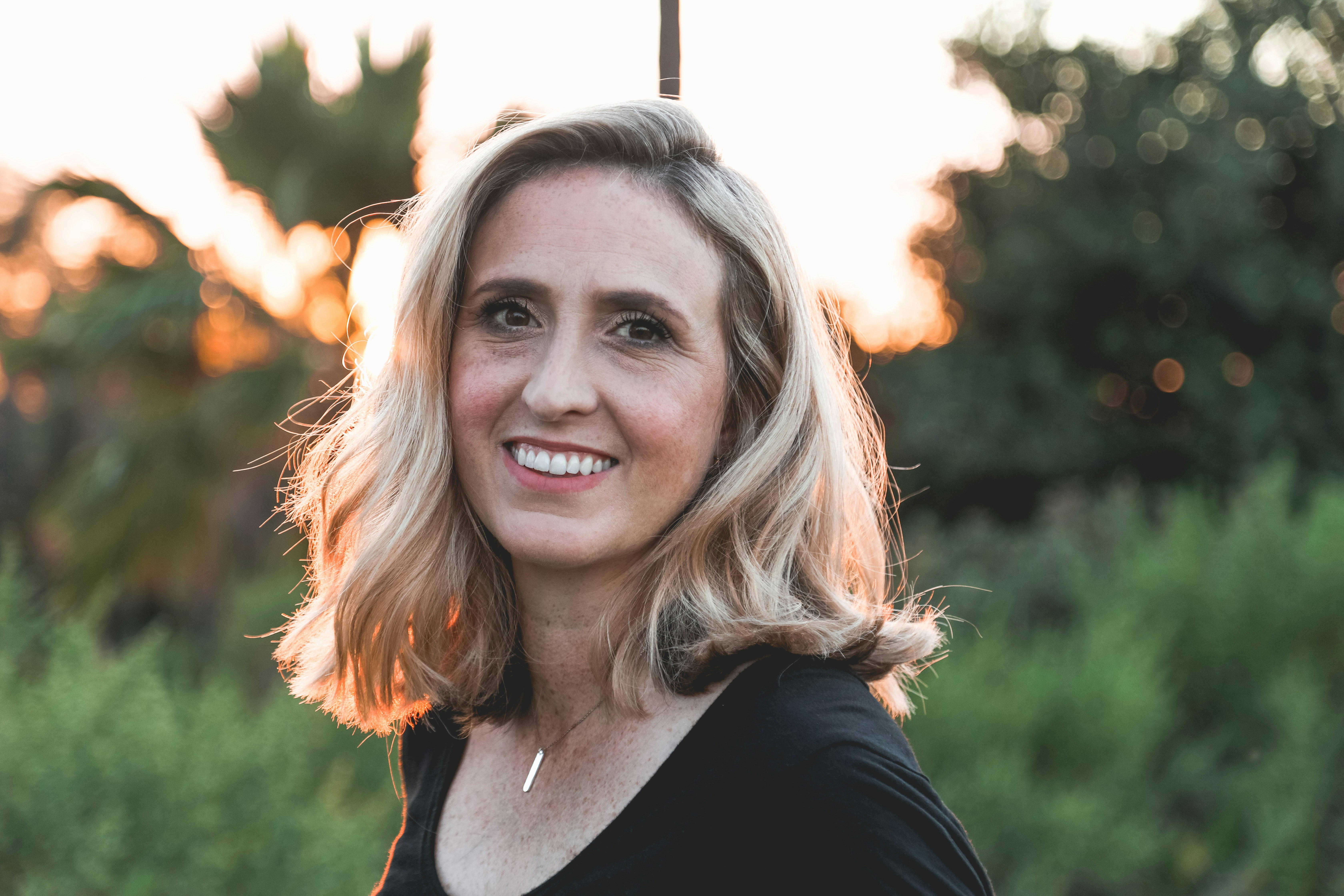
Vicki R.

Found her insights spot on. I gifted this course to 2 others before I even finished it. Refreshing thoughts. Focus is on you, the NT of the relationship with great ways to look at things from both sides. Been married to Autism for 45 years and found this course something I will review on a regular basis to support myself.

Katie G.

This is a MUST for anyone who has a partner with autism. No matter where you are in your relationship, even if your relationship has ended, this is for YOU! Anne’s knowledge, compassion, guidance is unparalleled and unprecedented. Thank you Anne.
My Services
I offer consulting and coaching services to support you in achieving what you want from your life and for your partner, family and children. I work with either the autistic or the neurotypical partner.

Anne MacMillan, MLA
Founder of the R.E.A.L. 10-Step Neurodiverse Family Systems Approach, Speaker, Researcher, Educator, Consultant, Coach and Expert Witness
My Newest Blog Posts
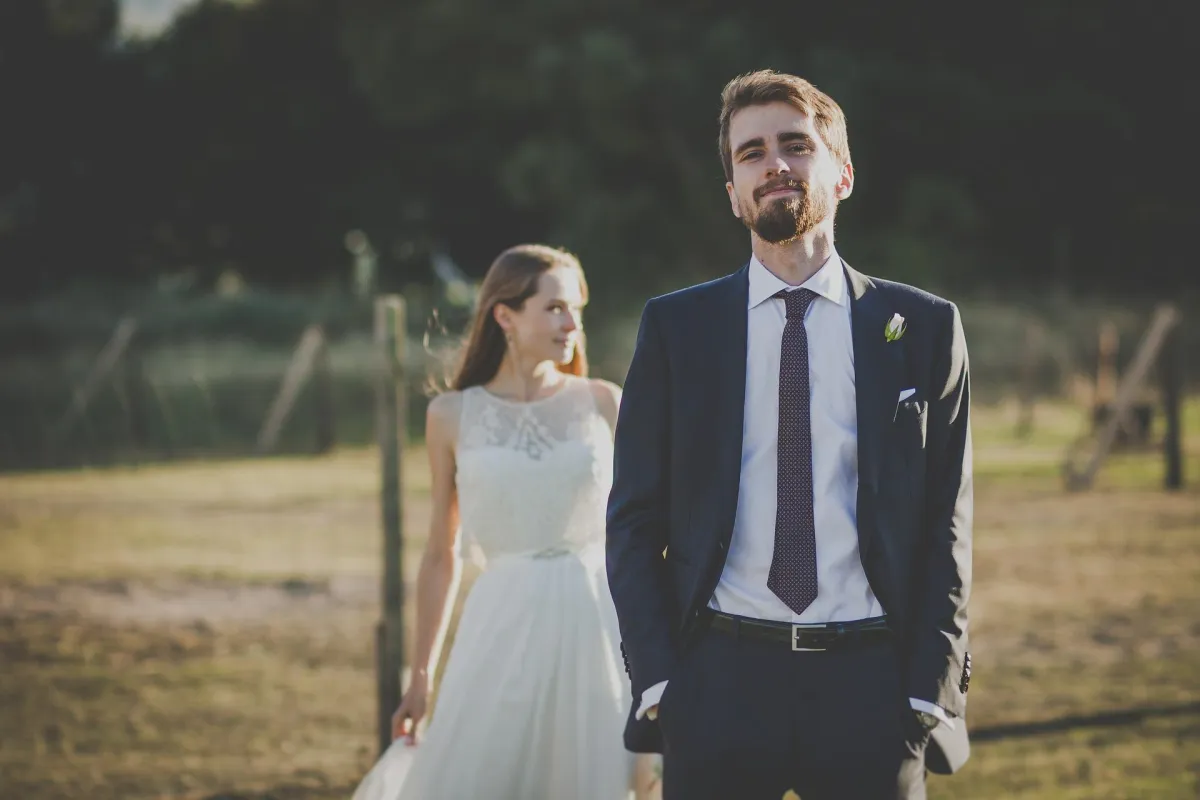
10 Things to Know about Neurodiverse Relationships
Neurodiverse marriages look very "normal" from the outside.
The basics:
A neurodiverse relationship is a relationship between a typically developing, or “neurotypical,” person and a person with high-functioning autism. High-functioning autism in adults can be difficult to recognize. Many older adults on the autism spectrum were never diagnosed as children. Many grow up, get married and have successful careers without knowing they are on the autism spectrum.
Neurodiverse marriages are every bit as much mixed marriages as mixed-orientation marriages or mixed-faith marriages. In neurodiverse marriages the incompatibilities are neurological incompatibilities rather than sexuality or religious incompatibilities.
Autism affects communication and communication is an essential part of marriage and adult relationships. Communication is an essential part of marriage and both partners in neurodiverse relationships tend to experience distress related to communication difficulties. Neurotypical people and people with autism communicate differently.
As autism has a genetic component, many neurodiverse couples have children on the autism spectrum. As autism is more easily recognizable in children than adults, many parents on the autism spectrum are diagnosed only after a child is diagnosed. The presence of children on the autism spectrum contributes more stress to the parents’ marriage.
In the early days of neurodiverse relationships, both partners may believe they have found great compatibility. The neurotypical partner often finds great enjoyment in helping the partner with autism navigate social situations. The partner with autism may find the neurotypical partner to be more accepting than other people.
Later on in relationships, both partners tend to experience great dissatisfaction. Neurotypical partners feel deprived of emotional, social and sexual connection. Partners with autism feel controlled and manipulated and as if typically developing partners aren’t doing enough for the marriage. Neurotypical partners, meanwhile, finds themselves feeling drained because they give too much.
Neurodiverse marriages look very “normal” from the outside. Extended family members, community members and colleagues usually have little idea that so much distress is going on within their friends’ and loved ones’ marriages.
Neurotypical marriages are vulnerable to domestic abuse, most often psychological, sexual and financial, although sometimes physical abuse does occur. While marriage is a foundational component of society, it is inappropriate for professionals, clergy and loved ones to encourage individuals to remain in abusive relationships.
Neurodiverse marriages are vulnerable to high-conflict divorce. Sometimes, mixed divorces cost tens or hundreds of thousands of dollars. Attorneys are the only ones who benefit. Both partners and their children experience extreme duress.
Autism is not easy. It is not easy for people who have it and it is not easy for their loved ones. Both partners in neurodiverse marriages need resources and support — not only the partners with autism. Both partners are equally important. Neurodiversity includes everyone.
My Research
Some of the world's first quantitative research on autism and marriage
I was working on a master's in psychology at Harvard University when I realized my husband of almost 20 years was autistic. I was shocked by how little was known about an issue that affected my own life so dramatically. So, I shifted my research interests to autism and marriage and was ultimately given the Director's Thesis Award for my work.
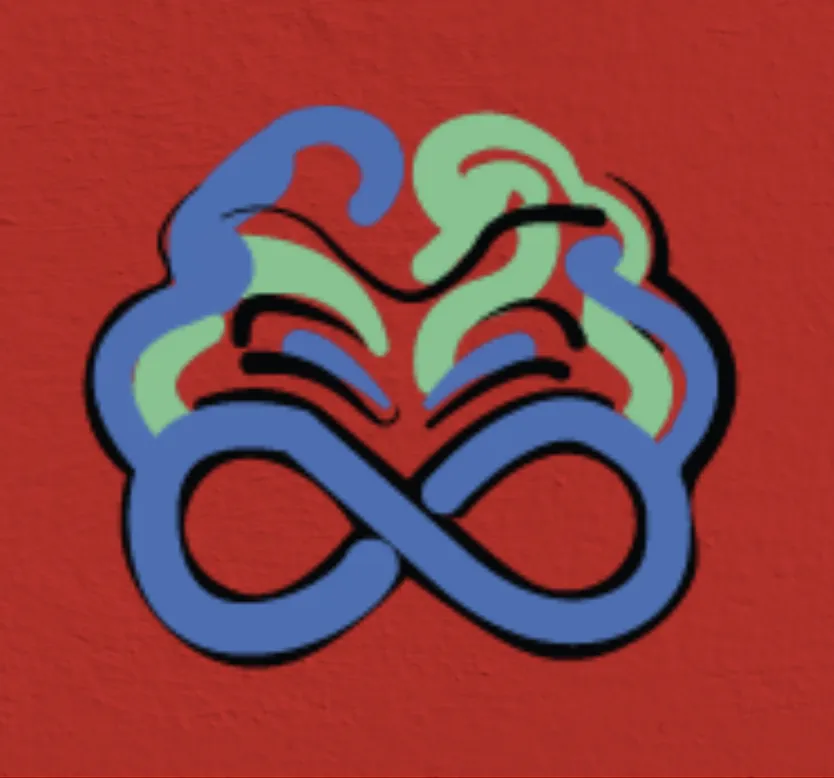
My White Papers and Pamphlets
© 2024 R.E.A.L. Neurodiverse
All Rights Reserved
anne@REALneurodiverse.com
Text or Call: (617) 996-7239 (United States)
